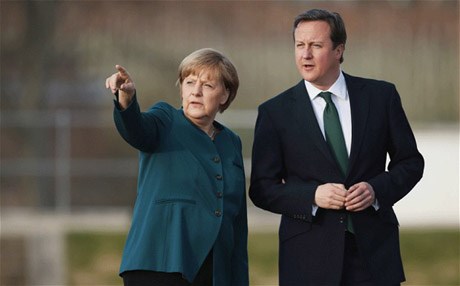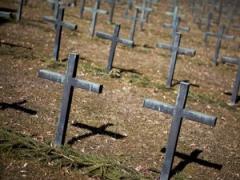The Taliban are invited to the negotiating table, but they aren’t coming.
The Islamist militant group made that clear Saturday, refuting reports that it would send representatives to upcoming talks involving the Afghan government, Pakistan, the United States and China in the Pakistani city of Islamabad.
“We reject all such rumors and unequivocally state that the esteemed leader of the Islamic Emirate has not authorized anyone to participate in this meeting, and neither has the Leadership Council of Islamic Emirate decided to partake in it,” the Taliban said, using another name for itself.
The announcement appears to be a significant blow to the peace talks and is a reversal from what the Taliban reportedly have done in the past.
Taliban representatives met with their Afghan government counterparts, as well as with U.S. and Chinese officials, last summer in Pakistan, officials said.
But just weeks later, the Taliban’s reported new leader (Mullah Akhtar Mohammad Mansour) deniedin an audio message that his Sunni Islamist group was trying to work toward peace with Afghanistan’s government.
Such pronouncements haven’t stopped other parties from talking, or from trying to include the Taliban.
After conversations in Kabul on February 23, the Afghan government sent out a news release noting President Ashraf Ghani’s “strong commitment … for peace and reconciliation with Taliban groups and Hezbi Islami Hekmatyar,” the latter being another nationalist militant group.
Characterizing it as a “national priority,” Ghani called “on the Taliban and other groups to join early direct talks with the government of Afghanistan.”
And the Afghanistan, Pakistani, Chinese and U.S. governments together “invite(d) all Taliban and other groups to participate … in the first round of direct peace talks” slated for early March in Islamabad, Pakistan.







